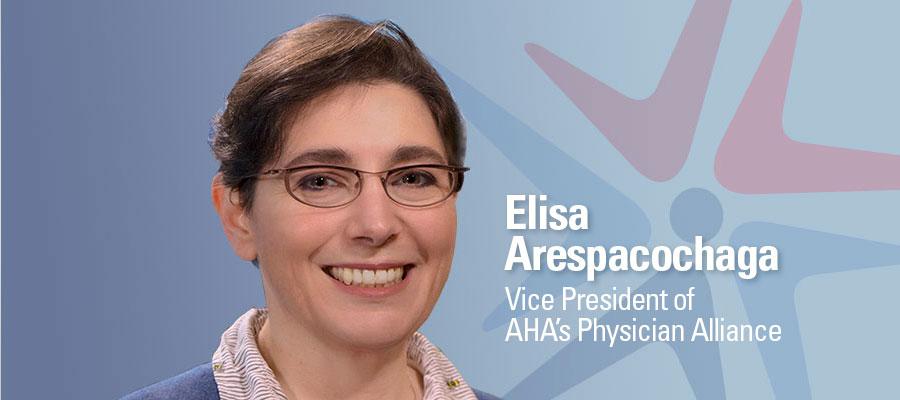A workforce plan for the next chapter in health care

National Hospital Week, observed this month, reminds us of all of the dedicated people—physicians, nurses, therapists, engineers, food service workers, volunteers, administrators and so many more—who make hospitals and health systems such wonderful, healing places. They are the backbone of our efforts to advance health in America, and our most precious resource.
In their dual role as providers of care and leading employers, hospitals and health systems need to prepare for future success by ensuring that the skills, capabilities and competencies of our workforces are ready for the challenges of a changing delivery system and rising patient expectations.
AHA offers many tools and resources to help members prepare their workforce to thrive in a changing landscape. Newly reorganized, they support hospitals by providing up-to-date models and research on care delivery, supply and demand of health professionals, resiliency and clinical work environments. This information—supported by our Physician Alliance, Association for Nursing Leadership, Institute for Diversity and Health Equity and our Professional Membership Groups—can help you implement strategies for workforce planning, recruitment, retention and development that best serve your community’s needs.
What’s more, these tools come in many forms, such as case studies, reports, white papers, podcasts and webinars.
You can learn more at www.aha.org/workforce. There you’ll find resources organized by our four key strategies: capacities, competencies, communities and catalysts.
- Capacities: Ensure hospitals have sufficient workforce capacities, through a pipeline of talent that hospitals can hire, retain and grow, to be able to successfully support health in their communities. Includes issues of workforce strategic planning, supply and advocacy efforts.
- Communities: Support and tap into health professional communities to build resiliency and a healthy, safe, and diverse work environment.
- Competencies: Identify, promote and develop required workforce competencies for current and future needs.
- Catalysts: Provide tools, programs and services to be catalysts for member and field action to change and adopt new technologies and models for care delivery to create the future of work.
The first strategy, capacities, is particularly critical at this time, as it is projected that the U.S. needs to hire 2.3 million new health care workers by 2025.
One great way to improve capacity and prepare for the future workforce needs—as well as respond to consumers’ desires—is to fully embrace telehealth. Telehealth is a dynamic catalyst driving change in care delivery and in workforce skills. Fluency in telehealth medicine will rank among the must-have competencies going forward. More than three-quarters of U.S. hospitals can already connect distant care providers with their patients, and an impressive 97 percent of patients indicate they are satisfied with their telehealth experience and would recommend its capabilities to others.
Please, take advantage of AHA’s insights, case studies, assessments and data as workforce planning tools for you. As you contemplate your future needs, we will continue to provide information to help you make the right decisions for your hospitals and your community.
Elisa Arespacochaga is vice president of AHA’s Physician Alliance.

